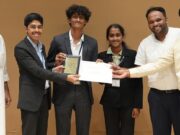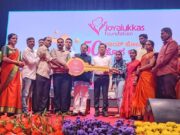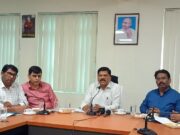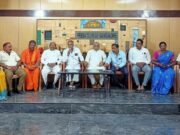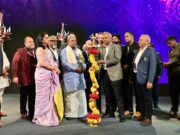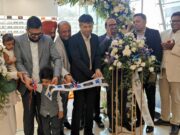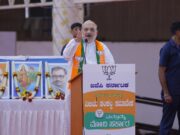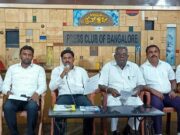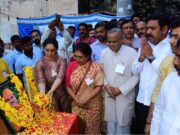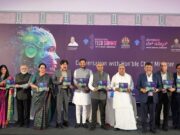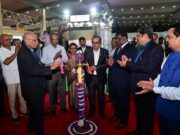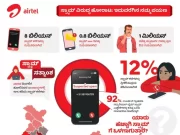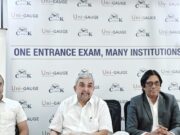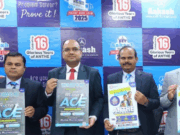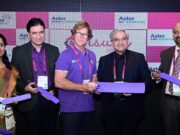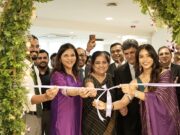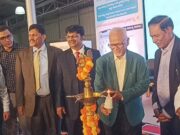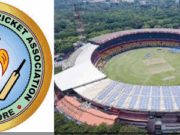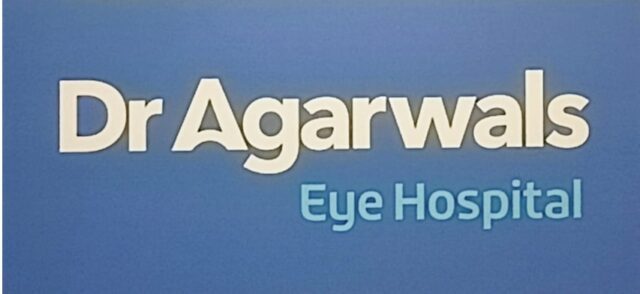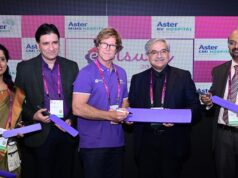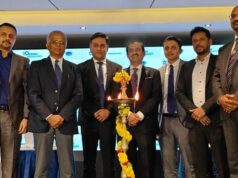Bengaluru, June 5: Cataract remains the most common cause of preventable vision loss among people aged 50 and above in Karnataka. Ophthalmologists warn that cases are rising rapidly in rural areas due to delayed diagnosis and limited access to timely treatment. In advanced stages, cataracts can lead to complete vision loss, underscoring the need for early intervention. In 2022–23 alone, over 4.2 lakh cataract surgeries were performed across the state, reflecting the growing scale of the issue.
Cataracts account for over 60% of preventable vision impairment among older adults in India, making it one of the country’s most pressing eye health challenges. While awareness around early detection and treatment is improving, many patients still delay surgery due to fear or misinformation.
Dr. Archana S, Regional Head – Clinical Services, Dr Agarwals Eye Hospital, Bengaluru, said: “The launch of robotic cataract surgery marks a transformative step forward in enhancing precision, safety, and outcomes for our patients. This technology allows us to personalise treatment with unmatched accuracy, reaffirming our commitment to delivering advanced, accessible eye care.”
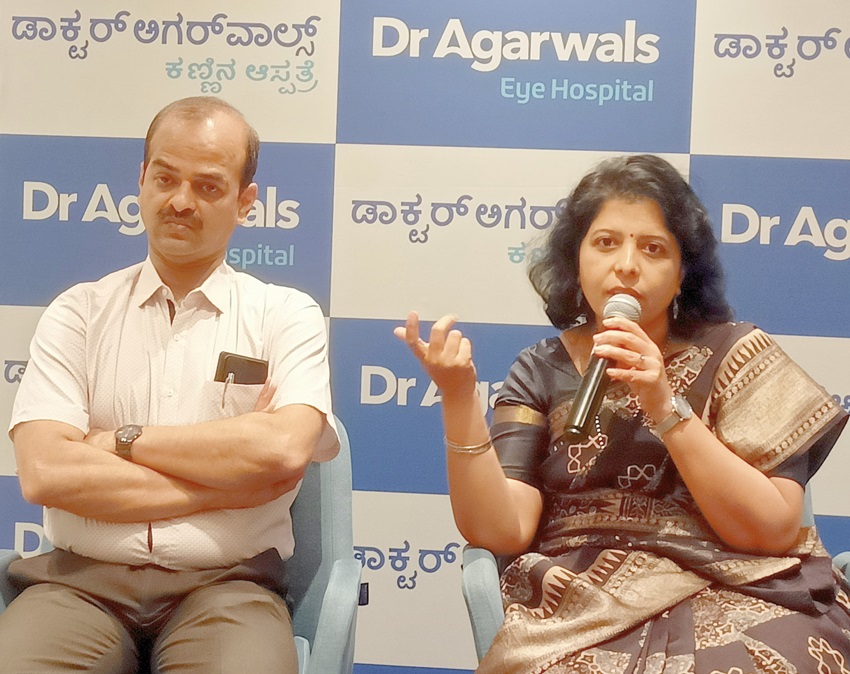
Cataract often begins silently. In the early stages, patients may notice reduced contrast sensitivity, difficulty seeing at night, and increased glare from lights. Many mistake these signs for normal aging. But as the condition progresses, it can lead to complete vision loss if not treated in time. Regular eye check-ups are crucial for early detection, as timely intervention can preserve sight.”
Dr. Sripathi, Regional Head – Clinical Services, Dr Agarwals Eye Hospital, Bengaluru, added: “Surgery is the only effective treatment for cataracts. The standard procedure, known as phacoemulsification, involves removing the clouded lens and replacing it with a clear artificial one. In recent years, robotic or laser-assisted cataract surgery has emerged, offering bladeless, painless procedures that take only seconds. These innovations are enhancing outcomes, but early diagnosis and timely surgery remain essential.”
“Everyone over 40 should undergo regular eye check-ups, not just for reading glasses but also to screen for glaucoma, retinal issues, and early signs of cataract. A sudden change in distance vision after 40 can often signal the onset of cataract, sometimes affecting only one eye without the person realising it. Cataract affects around 3.8 million people annually in India, with cases rising significantly after the age of 60,” he said.
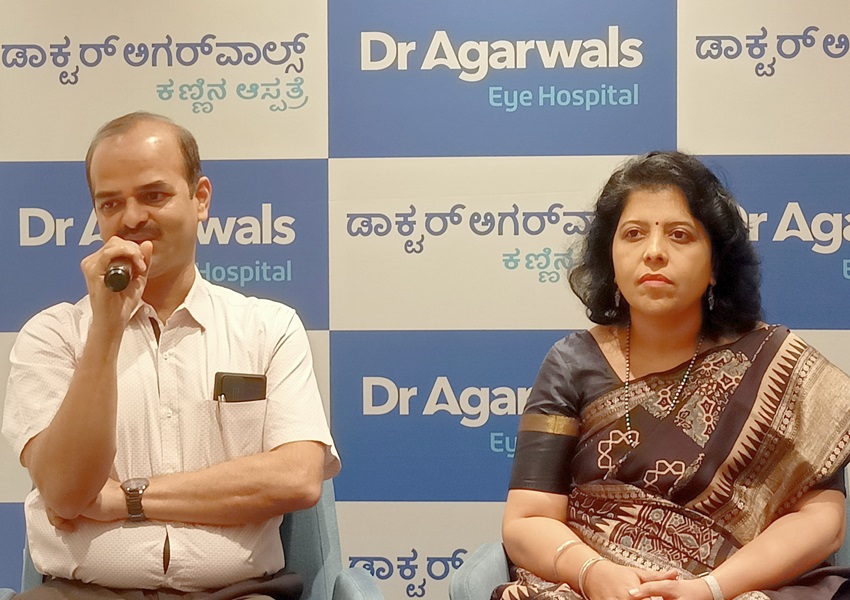
In a significant advancement, Dr Agarwals Eye Hospital has introduced femtosecond laser-assisted cataract surgery, a next-generation, robotic-assisted technique that enhances the safety, precision, and speed of the procedure. This technology automates key steps of surgery, allowing for more consistent outcomes, better lens positioning, and reduced dependence on manual techniques.
It also has declared that on the eve of Cataract Awareness month in all of its centers, will be giving Free on Cataract evaluations for patients above 50+.





